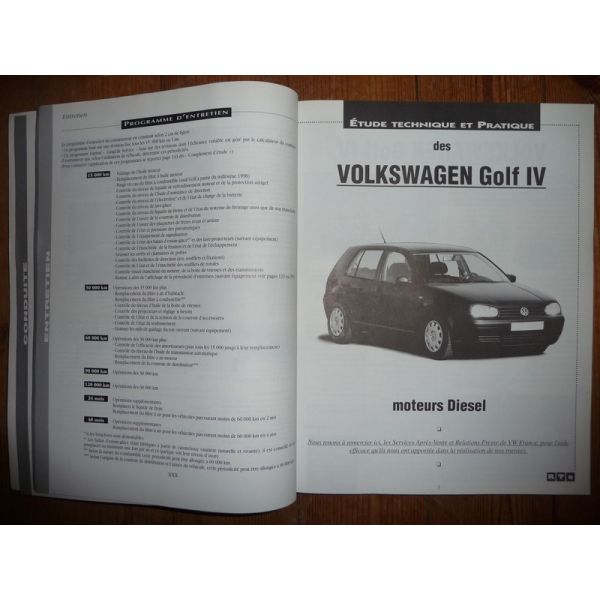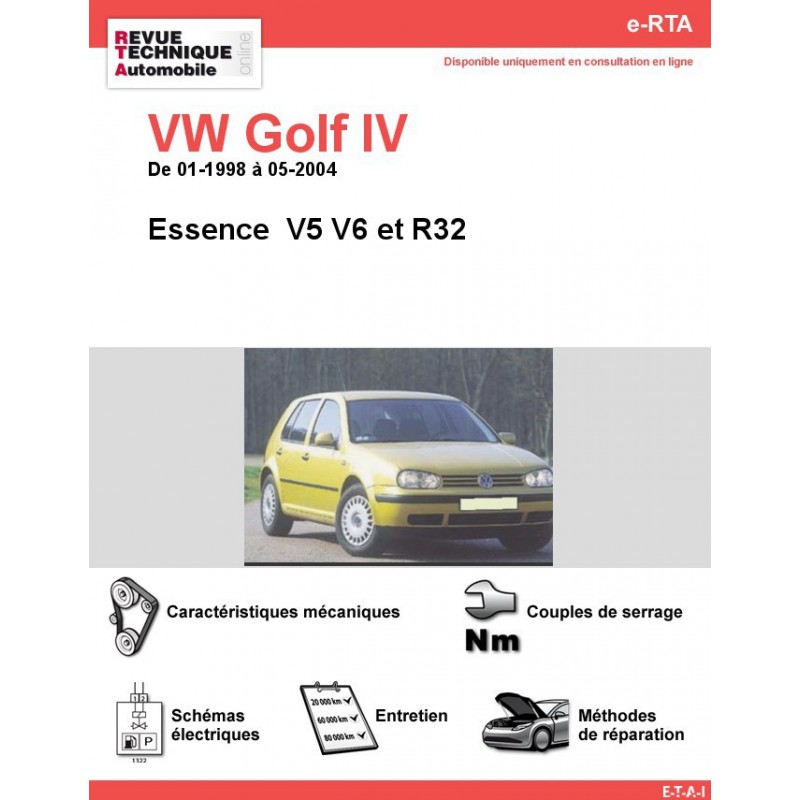Fiche Technique Golf 4 TDI 110: The Complete Guide for Enthusiasts and Owners
The Volkswagen Golf 4 TDI 110 (also known as the Golf IV TDI 110) remains a sought-after vehicle for its blend of fuel efficiency, reliability, and performance. For enthusiasts and owners, understanding the technical specifications (or “Fiche Technique” in French) is crucial for maintenance, modification, and simply appreciating this iconic car. This comprehensive guide delves into the essential details, providing you with the information you need to understand and care for your Golf 4 TDI 110.
Understanding the Golf 4 TDI 110: A Legacy of Performance and Efficiency
The Golf 4, produced from 1997 to 2004, marked a significant step forward for Volkswagen. The TDI 110, powered by a 1.9-liter turbodiesel engine, quickly gained popularity for its impressive fuel economy and surprising performance. Its robust engine and relatively simple mechanics have contributed to its enduring appeal, making it a popular choice for both daily driving and enthusiast projects. This guide provides a detailed overview of the key technical specifications that define this beloved model.
Key Technical Specifications: Diving Deep into the Details
This section breaks down the essential technical details of the Golf 4 TDI 110, covering the engine, transmission, dimensions, and more.
Engine Specifications: The Heart of the Matter
- Engine Code: Often referenced as the “AHF” or “ASV” code, depending on the specific production year and market. (Note: There may be slight variations depending on the market.)
- Engine Type: 4-cylinder in-line diesel engine with turbocharger and intercooler.
- Displacement: 1896 cc (1.9 liters)
- Power Output: 81 kW (110 PS; 109 bhp) at 4150 rpm
- Torque: 235 Nm (173 lb-ft) at 1900 rpm
- Fuel System: Direct injection, using a rotary distributor fuel injection pump (often referred to as a “VE” pump).
- Compression Ratio: 19.5:1
- Bore x Stroke: 79.5 mm x 95.5 mm
Transmission and Drivetrain
- Transmission Options:
- 5-speed manual transmission (most common)
- Automatic transmission (rare)
- Drivetrain: Front-wheel drive (FWD)
Dimensions and Weight
- Length: Approximately 4.15 meters (varies slightly depending on trim level)
- Width: Approximately 1.73 meters (varies slightly depending on trim level)
- Height: Approximately 1.45 meters (varies slightly depending on trim level)
- Wheelbase: Approximately 2.51 meters
- Curb Weight: Typically around 1250-1350 kg (depending on options and trim)
- Fuel Tank Capacity: Approximately 55 liters
Performance Data
- 0-100 km/h (0-62 mph) Acceleration: Around 10.5 seconds (manual transmission)
- Top Speed: Approximately 190 km/h (118 mph)
- Fuel Consumption (Combined Cycle): Typically 5.0 - 5.5 liters/100km (42-47 mpg US) depending on driving style and conditions.
Other Important Technical Details
- Brakes: Ventilated front disc brakes, rear disc brakes (depending on model and options).
- Suspension: MacPherson strut front suspension, torsion beam rear suspension.
- Steering: Power-assisted rack-and-pinion steering.
- Electrical System: 12V
Common Issues and Maintenance Tips
Understanding the potential issues and proper maintenance is vital for keeping your Golf 4 TDI 110 running smoothly.
- Timing Belt Replacement: Crucial for preventing engine damage. Recommended replacement intervals vary, but generally around every 90,000 - 120,000 km (56,000 - 75,000 miles).
- Turbocharger Maintenance: Regular inspection and maintenance of the turbocharger are important. Look out for leaks and unusual noises.
- Fuel Injection Pump: Can be a source of issues over time. Proper fuel filter maintenance is essential.
- Mass Air Flow (MAF) Sensor: Can affect performance and fuel economy.
- Regular Oil Changes: Use the correct oil specification recommended by Volkswagen.
- Filter Replacement: Air, fuel, and oil filters should be replaced regularly.
Modifications and Tuning Potential
The Golf 4 TDI 110 offers a good platform for modifications. While the engine is relatively robust, it’s important to approach modifications with caution and respect for the engine’s limits.
- Remapping/ECU Tuning: A popular modification to increase power and torque.
- Upgraded Turbochargers: Can significantly boost performance, but requires supporting modifications.
- Exhaust Systems: Can improve performance and sound.
- Suspension Upgrades: Coilovers or sport springs can improve handling.
- Brake Upgrades: For improved stopping power, especially with increased power.
Conclusion: Embracing the Golf 4 TDI 110 Legacy
The Volkswagen Golf 4 TDI 110 is a testament to Volkswagen’s engineering prowess. Its blend of fuel efficiency, performance, and reliability has cemented its place in automotive history. By understanding the technical specifications detailed in this guide, owners and enthusiasts can maintain, modify, and fully appreciate this iconic vehicle. Whether you’re a seasoned mechanic or a new owner, this guide provides the essential information you need to enjoy your Golf 4 TDI 110 for years to come.
Frequently Asked Questions (FAQs)
1. What is the recommended oil for the Golf 4 TDI 110?
The recommended oil specification is typically a 5W-40 or 10W-40 oil that meets VW standard 505.00. Always consult your owner’s manual for the most accurate recommendation for your specific vehicle.
2. How often should I replace the timing belt?
The recommended interval for timing belt replacement is generally between 90,000 and 120,000 km (56,000 - 75,000 miles), or every 5 years, whichever comes first. Consult your owner’s manual or a qualified mechanic for the exact recommendation.
3. What are common signs of a failing MAF sensor?
Common symptoms of a failing MAF sensor include reduced power, poor fuel economy, rough idling, and the check engine light illuminating.
4. Can I use biodiesel in my Golf 4 TDI 110?
While some owners have successfully used biodiesel, it’s important to research compatibility and potential risks. Check with a qualified mechanic and consult your vehicle’s documentation before using biodiesel.
5. What are the key differences between the AHF and ASV engine codes?
The AHF and ASV engine codes represent different versions of the 1.9 TDI 110 engine, with some internal differences in components. Consult a specialist if you need to identify the specific differences between the two.




